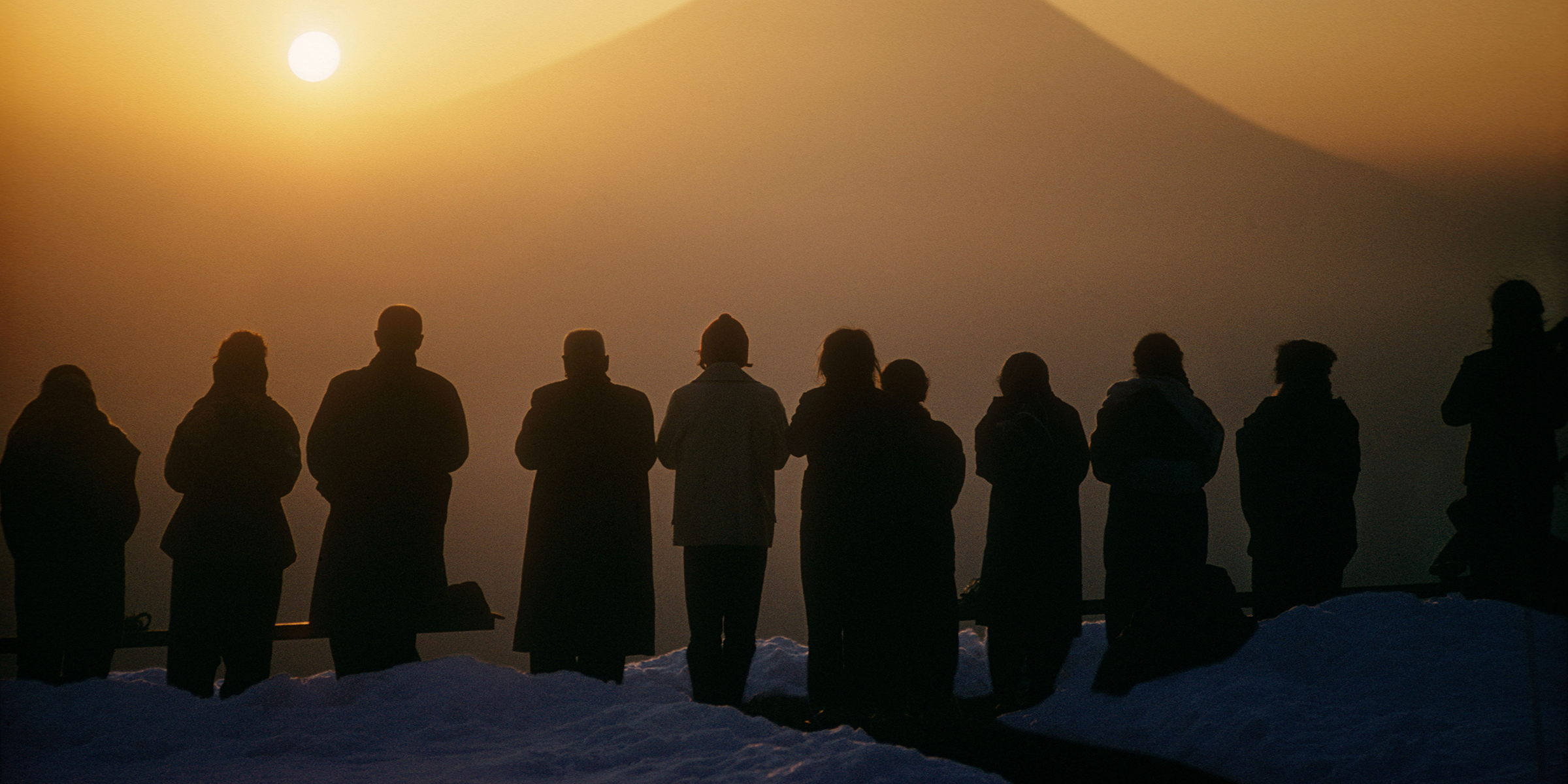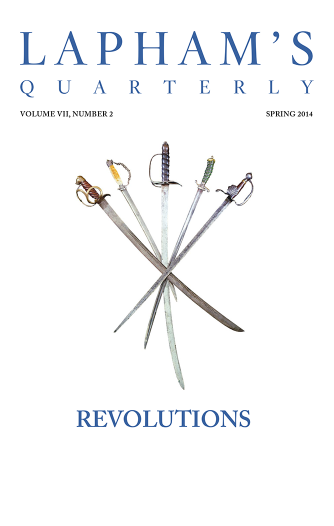Some years ago a temporary inability to sleep, referable to a distressing impression, caused me to walk about the streets all night for a series of several nights. The disorder might have taken a long time to conquer if it had been faintly experimented on in bed; but it was soon defeated by the brisk treatment of getting up directly after lying down, and going out, and coming home tired at sunrise.
In the course of those nights, I finished my education in a fair amateur experience of houselessness. My principal object being to get through the night, the pursuit of it brought me into sympathetic relations with people who have no other object every night in the year.
The month was March, and the weather damp, cloudy, and cold. The sun not rising before half past five, the night perspective looked sufficiently long at half past twelve, which was about my time for confronting it.
The restlessness of a great city, and the way in which it tumbles and tosses before it can get to sleep, formed one of the first entertainments offered to the contemplation of us houseless people. It lasted about two hours. We lost a great deal of companionship when the late public houses turned their lamps out, and when the potmen thrust the last brawling drunkards into the street; but stray vehicles and stray people were left us after that. If we were very lucky, a policeman’s rattle sprang and a fray turned up; but in general, surprisingly little of this diversion was provided. Except in the Haymarket, which is the worst kept part of London, and about Kent Street in the Borough, and along a portion of the line of the Old Kent Road, the peace was seldom violently broken. But it was always the case that London, as if in imitation of individual citizens belonging to it, had expiring fits and starts of restlessness. After all seemed quiet, if one cab rattled by, half a dozen would surely follow; and Houselessness even observed that intoxicated people appeared to be magnetically attracted toward each other, so that we knew when we saw one drunken object staggering against the shutters of a shop that another drunken object would stagger up before five minutes were out, to fraternize or fight with it. When we made a divergence from the regular species of drunkard, the thin-armed, puff-faced, leaden-lipped gin drinker, and encountered a rarer specimen of a more decent appearance, fifty to one but that specimen was dressed in soiled mourning. As the street experience in the night, so the street experience in the day; the common folk who come unexpectedly into a little property come unexpectedly into a deal of liquor.
At length these flickering sparks would die away, worn out—the last veritable sparks of waking life trailed from some late pieman or hot-potato man—and London would sink to rest. Then the yearning of the houseless mind would be for any sign of company, any lighted place, any movement, anything suggestive of anyone being up—nay, even so much as awake, for the houseless eye looked out for lights in windows.

Pilgrims watching the sun rise over Mount Fuji from Mount Shichimen, Japan, 1961. Photograph by Burt Glinn. © Burt Glinn / Magnum Photos.
Walking the streets under the pattering rain, Houselessness would walk and walk and walk, seeing nothing but the interminable tangle of streets, save at a corner, here and there, two policemen in conversation, or the sergeant or inspector looking after his men. Now and then in the night—but rarely—Houselessness would become aware of a furtive head peering out of a doorway a few yards before him and, coming up with the head, would find a man standing bolt upright to keep within the doorway’s shadow and evidently intent upon no particular service to society. Under a kind of fascination, and in a ghostly silence suitable to the time, Houselessness and this gentleman would eye one another from head to foot, and so, without exchange of speech, part, mutually suspicious. Drip, drip, drip, from ledge and coping, splash from pipes and waterspouts, and by and by the houseless shadow would fall upon the stones that pave the way to Waterloo Bridge, it being in the houseless mind to have a halfpenny’s worth of excuse for saying “Good night” to the toll keeper and catching a glimpse of his fire. A good fire and a good greatcoat and a good woolen neck shawl were comfortable things to see in conjunction with the toll keeper; also his brisk wakefulness was excellent company when he rattled the change of halfpence down upon that metal table of his, like a man who defied the night, with all its sorrowful thoughts, and didn’t care for the coming of dawn. There was need of encouragement on the threshold of the bridge, for the bridge was dreary. The chopped-up murdered man had not been lowered with a rope over the parapet when those nights were; he was alive, and slept then quietly enough most likely, and undisturbed by any dream of where he was to come. But the river had an awful look, the buildings on the banks were muffled in black shrouds, and the reflected lights seemed to originate deep in the water, as if the specters of suicides were holding them to show where they went down. The wild moon and clouds were as restless as an evil conscience in a tumbled bed, and the very shadow of the immensity of London seemed to lie oppressively upon the river.
I chose next to wander by Bethlehem Hospital, partly because it lay on my road around to Westminster, partly because I had a night fancy in my head which could be best pursued within sight of its walls and dome. And the fancy was this: Are not the sane and the insane equal at night as the sane lie a dreaming? Are not all of us outside this hospital, who dream, more or less in the condition of those inside it every night of our lives? Are we not nightly persuaded, as they daily are, that we associate preposterously with kings and queens, emperors and empresses, and notabilities of all sorts? Do we not nightly jumble events and personages and times and places, as these do daily? Are we not sometimes troubled by our own sleeping inconsistencies, and do we not vexedly try to account for them or excuse them, just as these do sometimes in respect of their waking delusions? Said an afflicted man to me when I was last in a hospital like this, “Sir, I can frequently fly.” I was half-ashamed to reflect that so could I—by night. Said a woman to me on the same occasion, “Queen Victoria frequently comes to dine with me, and Her Majesty and I dine off peaches and macaroni in our nightgowns, and His Royal Highness the Prince Consort does us the honor to make a third on horseback in a field marshal’s uniform.” Could I refrain from reddening with consciousness when I remembered the amazing royal parties I myself had given (at night), the unaccountable viands I had put on table, and my extraordinary manner of conducting myself on those distinguished occasions? I wonder that the great master who knew everything, when he called sleep the death of each day’s life, did not call dreams the insanity of each day’s sanity.
From “Night Walks.” Dickens struggled with insomnia during a period of household turmoil in 1857, when he took nocturnal walks recounted in this essay, which was later published in his magazine All the Year Round. That year he met eighteen-year-old Nelly Ternan, who would become his mistress; their affair led to Dickens leaving Catherine Hogarth, his wife of two decades. On at least one night, Dickens walked from his London home to his country house near Rochester—nearly thirty miles. It took him seven hours.
Back to Issue


